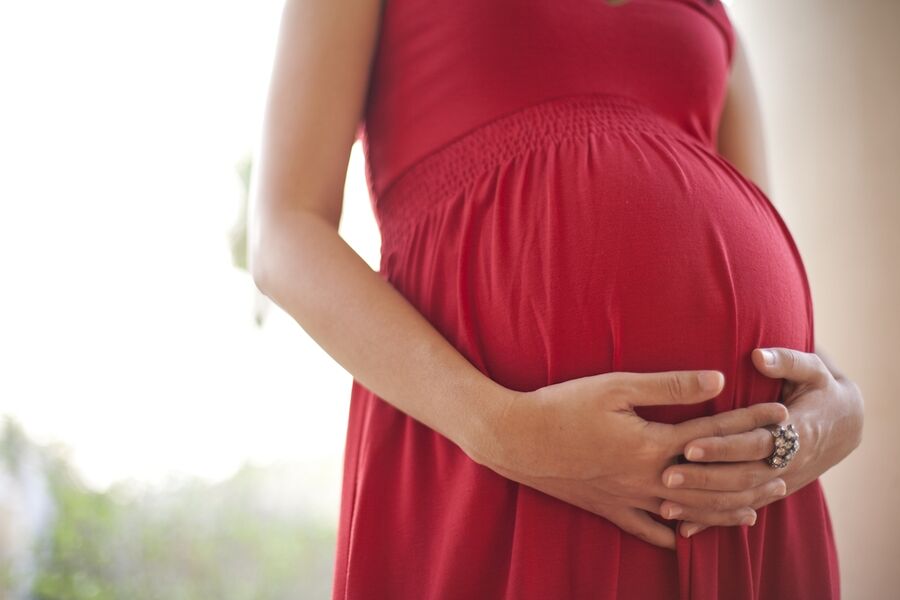Conception after the death of your partner: your rights explained

Recently a case involving a Queensland woman and her deceased husband's sperm stole the headlines across Australia.
Following the death of her de facto partner Joshua Davies, Alyssa Cresswell hurried to a courthouse to request an emergency order to have her late husband's testes and any spermatozoa removed at Toowoomba hospital, according to News AU.
Supreme Court Justice Martin Burns granted the order and requested the tissue be given to an IVF organisation for storage. If Ms Cresswell like to conceive her late partner's child she must submit another court application in order to remove the sperm from the facility and use it for conception.
What rights do women have to their late-husband's sperm?
The case brought up a lot of questions surrounding these practices. What are the laws in Queensland? What are the differences in laws between preservation of posthumous sperm and the actual use of it for conception? Let's take a closer look.
Sperm preservation and use in Queensland
The key thing to recognise is that the laws surrounding sperm removal and preservation vary from state to state. For Queensland residents that find themselves in this kind of predicament, the laws are dictated by the Transplantation and Anatomy Act of 1979.
According to Health Law Central, the legislation dictates that the removal of tissue including sperm and spermatozoa is permitted under the following conditions:
- "A designated officer has no reason to believe that the deceased person had expressed an objection to the removal after death of tissue from his or her body."
- "The officer must establish that the senior available next of kin consents to the removal of tissue from the body of the deceased person for the purposes of transplantation into the body of a living person; or use of the tissue for other therapeutic purposes or for other medical or scientific purposes."
- "The issue of consent to posthumous use of gametes by the deceased may again need consideration by a Court. Where the use is permitted, practitioners may also be guided by the NHMRC Ethical Guidelines."
The grey area comes from the actual use of posthumous sperm, which is seen by many as a major moral debate. Some professionals in the assisted reproduction technology ART field feel conflicted about creating a person that will never know his/her genetic parent.
As such, the NHMRC Ethical Guidelines were created. Under these guidelines, according to Health Law Central, clinics are not allowed to enable the use of posthumous gametes unless:
- The deceased has left explicit consent allowing the use of their gametes.
- The prospective parent has received counselling about the situation.
- The use does not diminish the fulfilment of the right of any child who may be born to knowledge of his or her biological parents.
The preservation and use of posthumous sperm for conception is a murky topic in regard to the law. If you find yourself in a situation like that of Ms Cresswell, reach out to one of WGC's family law specialists today.

